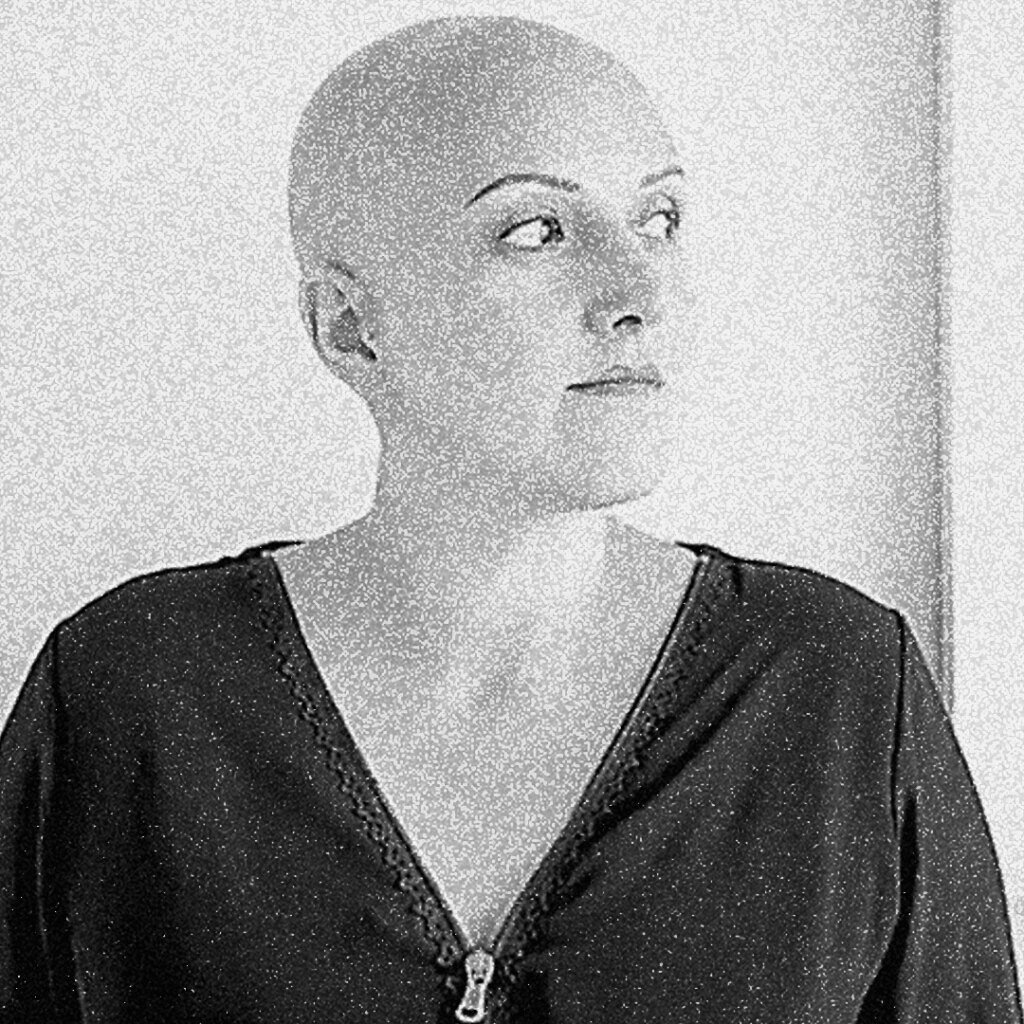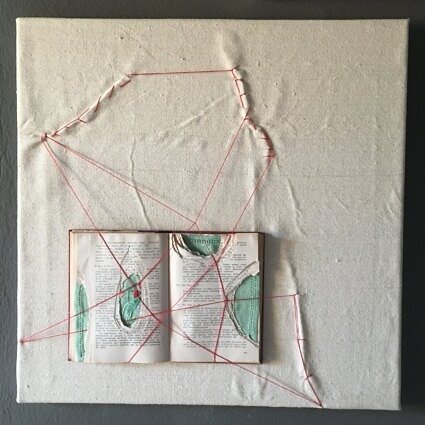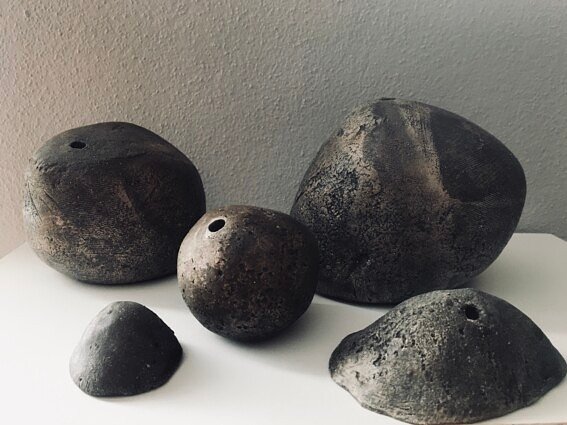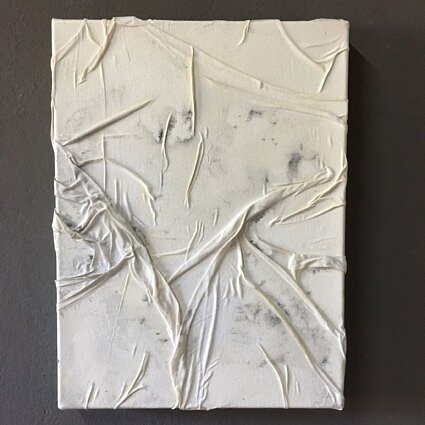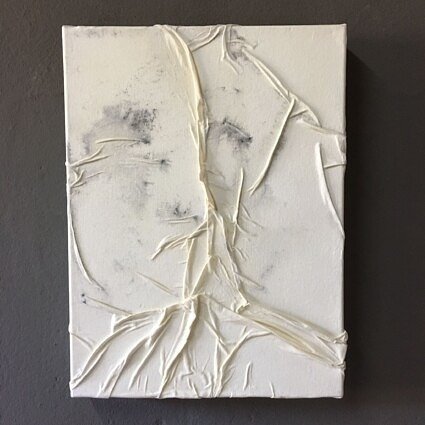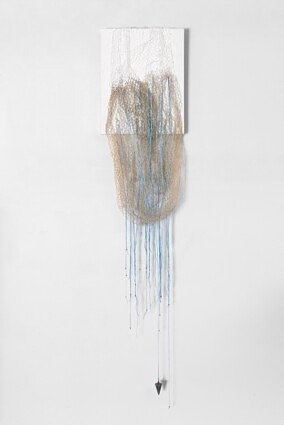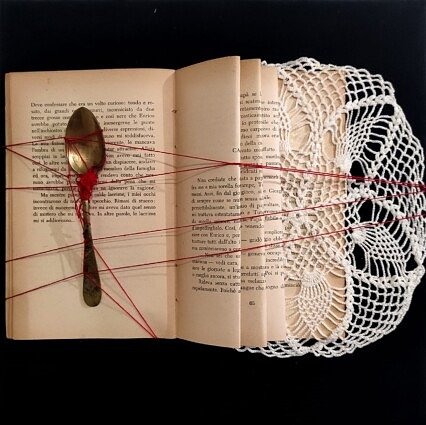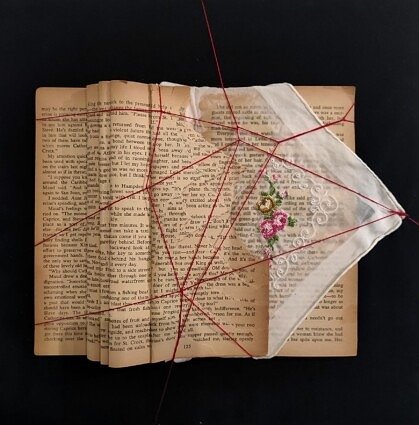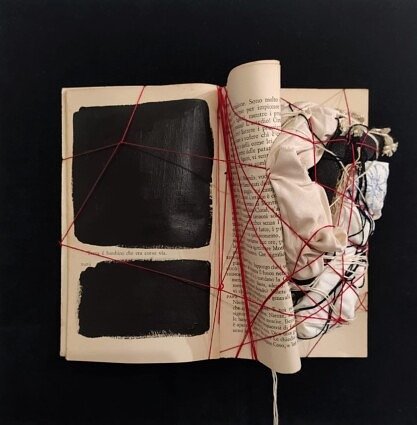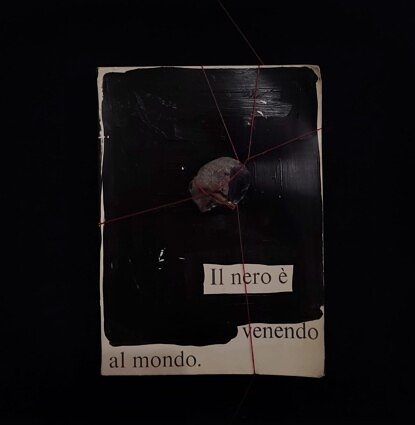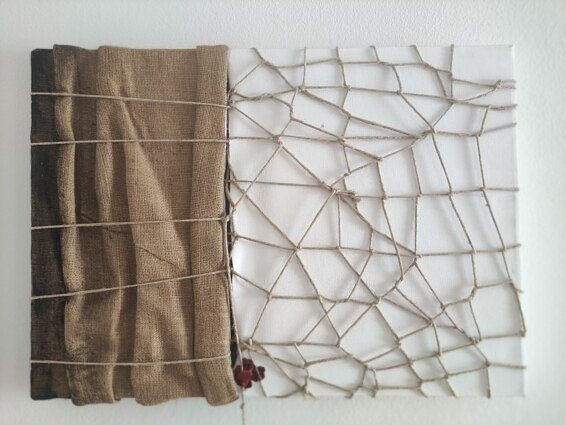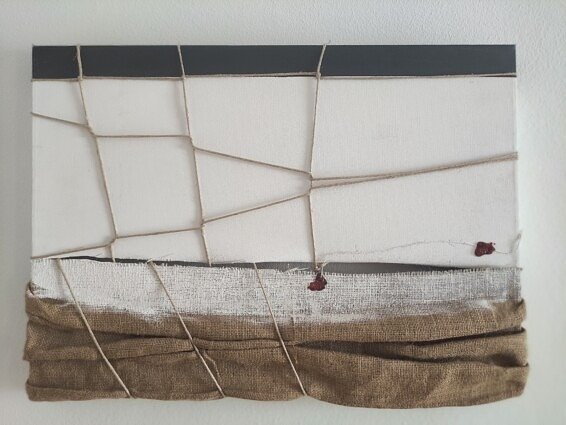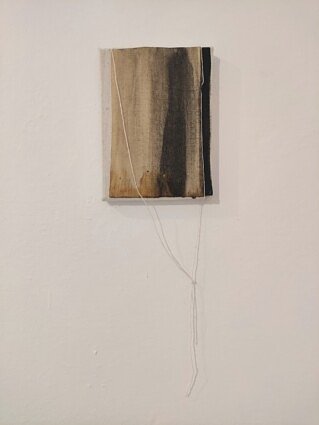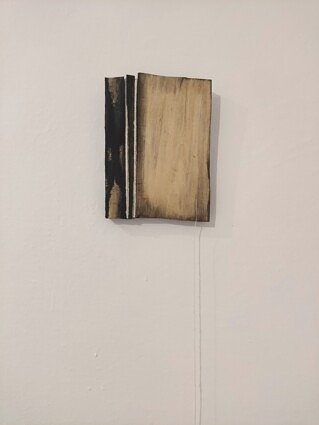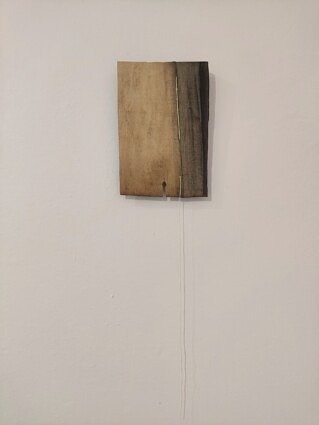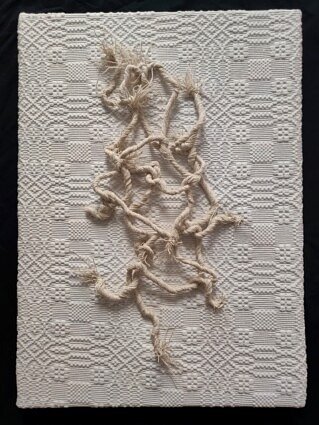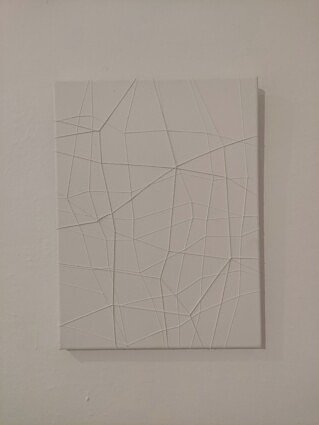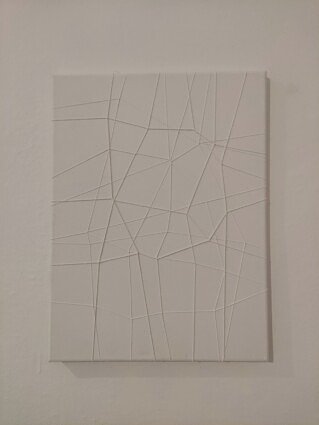Maria Jole
Serreli
Biography
Maria Jole Serreli is a painter, sculptor, fiber artist and performer, capable of expressing the different languages of contemporary art through a personal and always recognizable style. Her research is a search for attachments and connections: with nature, people, and objects that contain memory and become contemporary through her elaboration.
Born in Rome in 1975, she lives and works in Sardinia. Her first solo exhibition dates back to 1999. In 2010 she won the scholarship “Workshow, creative laboratories on the net,” an artistic residency in San Sperate, at the International School of Sculpture. In 2015 she participated in the “Cosenza 2015 Art Residency” and founded The Art House Space in Marrubiu, her hometown, a home-atelier project, with the aim of creating a place dedicated to artistic exchange and sharing. For the past few years, she has been involved in a wide-ranging project of collaboration with some influential entities in China.
She has taken part in numerous exhibitions in established venues in Italy and abroad. Just to name a few: in Hamburg, an event promoted by the Sardinia Region, at the University of Pisa, at the Macro Testaccio in Rome, at the Art Moore House in London, at the Espace Le Marais in Paris, at the EXMA in Cagliari, the MURATS museum of Samugheo textile, the Eachway Faschion Group in Shenzhen China.
Maria Jole Serreli’s works are part of public collections, including the Dynamic Silk Museum of Mendicino, the Contemporary Art Museum Eachway Art and Fashion museum in Shenzhen, China, the Del Bosco Della Silla Museum, the Contemporary Art Limen Chamber of Commerce of Vibo Valentia, the BoCS Art Museum in Cosenza, the permanent collection and archive of the Belt and Road Ceramics Expo Center in Rongchang, in Chongqin district of China.
